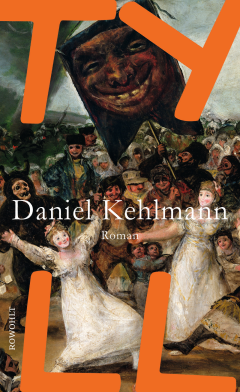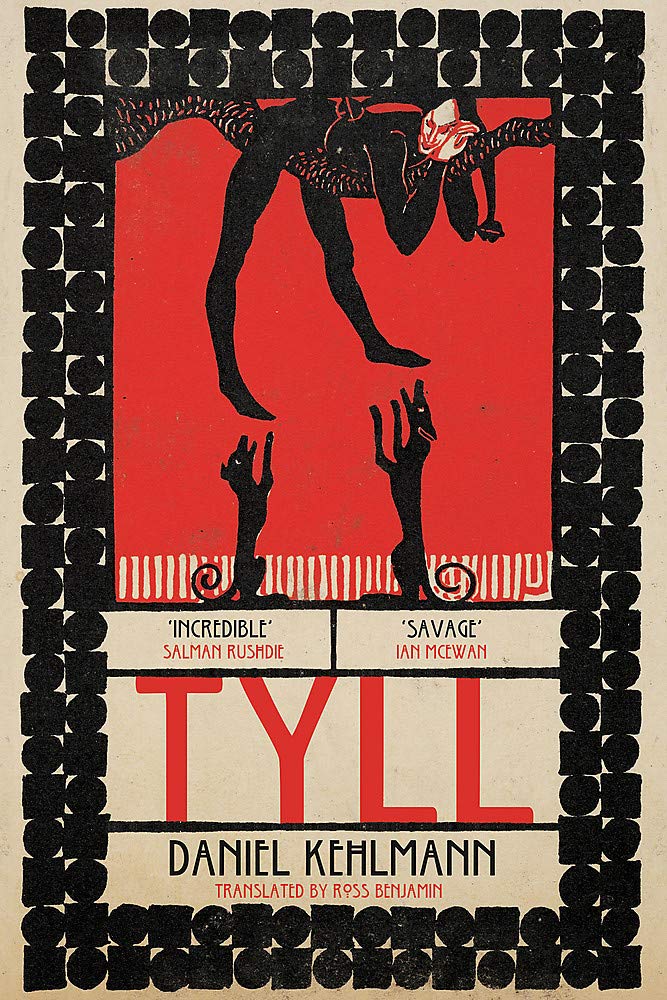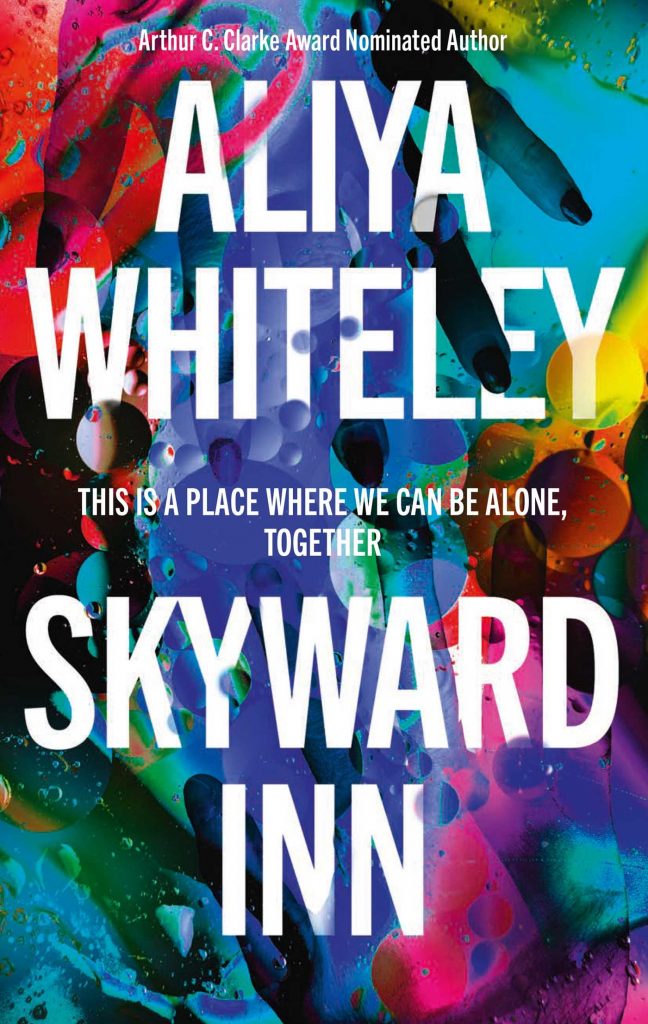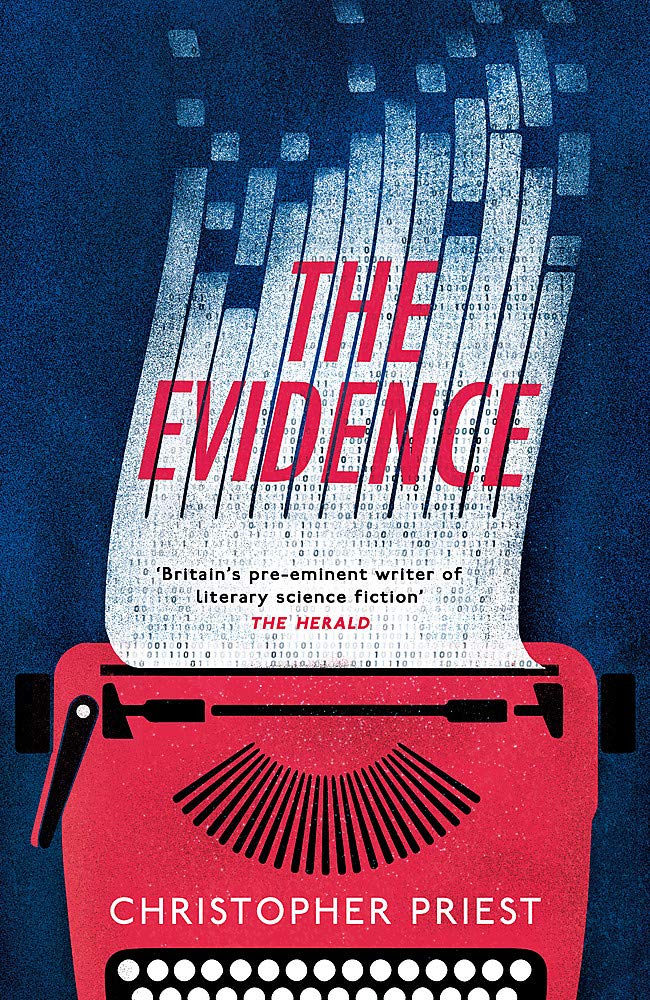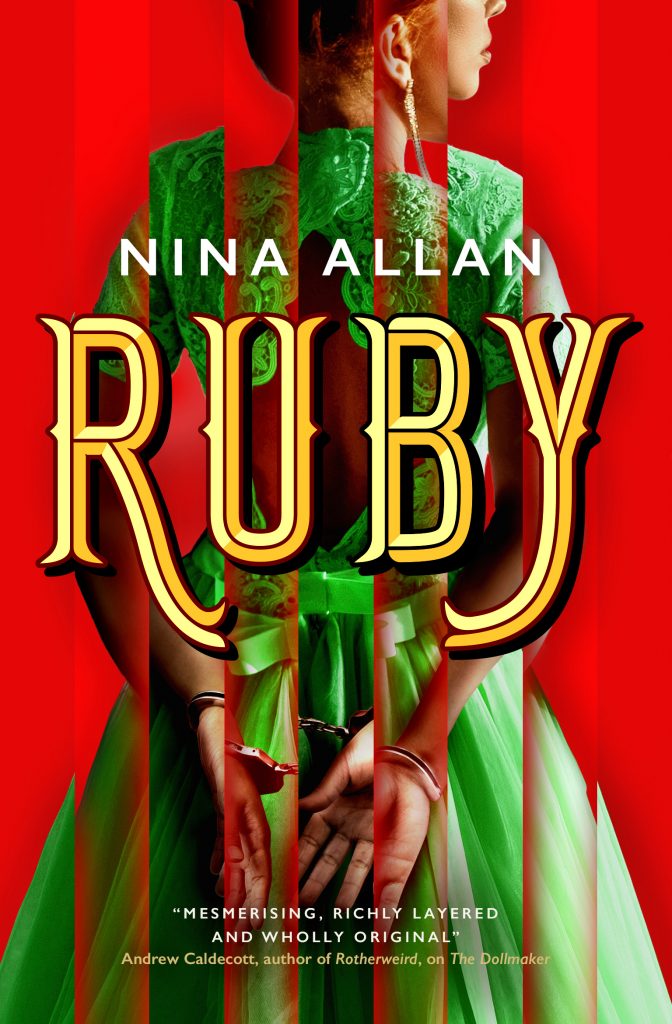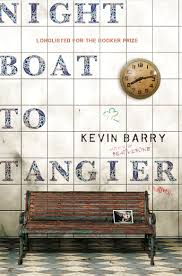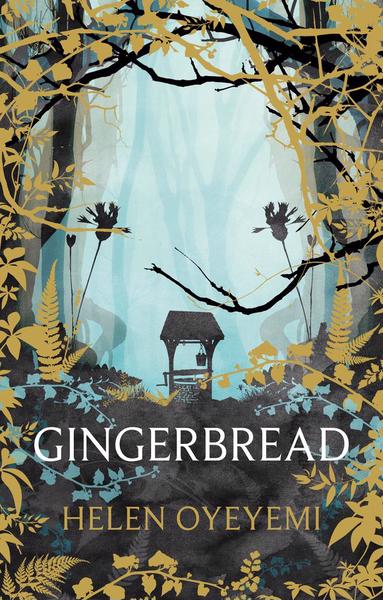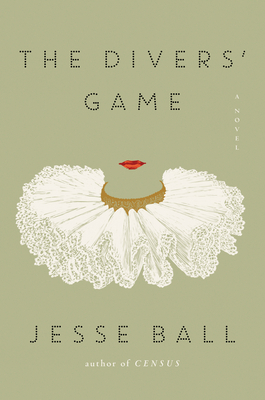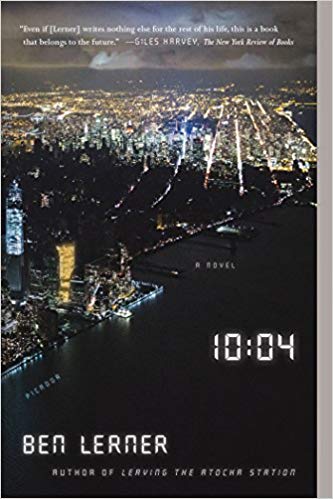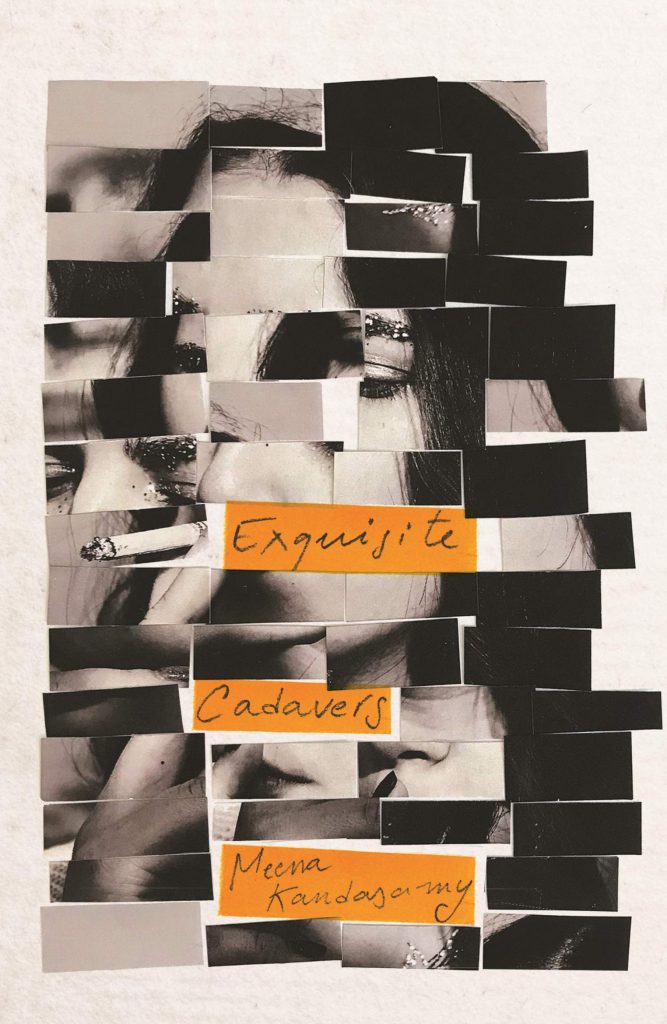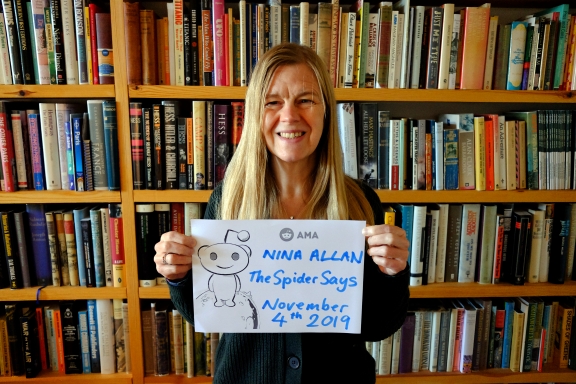More on the actual Clarke Award shortlist in due course, but in the meantime I wanted to highlight some of the submissions that didn’t make it, books I’ve been interested in reading but haven’t got to yet. Now seems like the perfect time to take a closer look at them, with the aim of putting together an alternate-world Clarke of the kind the Shadow Clarke jury experimented with back in 2017. Together with the novels from the submissions list I’ve already read, I should end up with an interesting pool to choose from. I’m going to start with Robbie Arnott’s novel The Rain Heron, which has recently been shortlisted for Australia’s Miles Franklin Award. I like the Miles Franklin, which tends to be more experimental than the Booker. This year’s shortlist also features one of my favourite novels from 2020, Madeleine Watts’s The Inland Sea, and the longlist featured The Animals in that Country by Laura Jean McKay, one of the six shortlisted novels for this year’s Clarke Award.
The country that forms the setting for The Rain Heron is unnamed, though its landscape of mountains and temperate rainforests has much in common with Arnott’s home state of Tasmania. We learn that there has been a military takeover, an act of violence referred to only as ‘the coup’. The cities are subject to strict martial law, while outlying rural communities are forced to endure the periodic armed raids and plundering of resources that such an arbitrary seizure of power would inevitably entail. The story centres around two women – Ren, who has taken refuge in the mountains in the wake of some undescribed personal trauma, and Zoe, who has joined the army in an almost random act of self-sabotage and now finds herself made an instrument of its unelected masters.
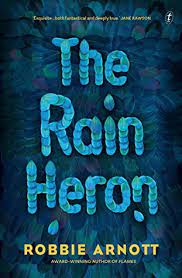
Climate change is biting deep, setting neighbour against neighbour as towns are abandoned and wildfires rage. In their struggle to maintain their hold on society, those who perpetrated the coup find themselves drawn to an old legend, that of the rain heron, a mythical bird that is said to have the power to control the weather. Desperate to secure the bird, their eye falls on Zoe, who knows and understands the mountain country where the heron is said to roost. But Zoe has past trauma of her own to contend with, a hollowness at her heart that seems destined to lead her in a dangerous direction. Does she believe in the heron herself? She barely knows.
The Rain Heron is a masterclass in landscape writing, but it is equally interesting and provocative in its structure. The novel opens with Part 0, an apparently self-contained short story about a desperately unlucky farmer as she battles to keep her land fertile and productive in a hostile climate. Arnott then takes a bold narrative risk in introducing us to Ren, who we assume must be central to the action but who vanishes violently from our sight at the end of Part 1. The narrative then passes to Zoe, a character who Arnott has set us up to mistrust and dislike. How Arnott brings the various threads together and makes sense of what has gone before is an elegant sleight of hand. As a reader, I reacted strongly against Zoe, but the tightly packed, propulsive nature of Arnott’s storytelling kept me hooked. The novel’s ultimate resolution is both moving and apposite. No one gets off lightly and there are no solutions offered, but still there is light. By the end, my feelings about Zoe were entirely changed. I love that this happened. I love that Arnott was prepared to risk readers rejecting his story in the pursuit of what he actually wanted to say. The results are assured, heartfelt, genuinely special.
If they did consider this book, I can only imagine the Clarke jury’s decision not to include it on the shortlist would have centred around the question of whether it is, in fact, SF. I remember there was a lot of this kind of wrangling in critical discussions of Colson Whitehead’s The Underground Railroad in 2017. Railroad ultimately went on to win the Clarke, as well as the Pulitzer and the National Book Award in the US, though I’m sure the members of those juries were less concerned about whether their choice deserved to be categorised as science fiction or fantasy.
As with Railroad, The Rain Heron is, on the face of it, pure fantasy. Both the rain heron itself and the giant squid that are crucial to the economy of the port town Zoe comes from are mythological in essence, creatures with magical properties that do not, so far as we know, exist in nature. But again, as with Railroad, the fantastical elements of Arnott’s narrative are not so much plot devices as powerful metaphors. The rain heron itself is a symbol of power, and the lust for power – who has a right to it, who ultimately wields it. And what happens with the squid is a hymn of protest against the commercial exploitation of indigenous cultures and resources, against the displacement of animals and people in the path of the ecological vandalism being perpetrated against this planet:
I was mad at her, all of the time. The country was falling to pieces – at least, our part of the country was. My school had been closed for six months. People were breaking into shops, robbing pensioners. I was so furious, but my fury had no direction, and she wasn’t doing anything about it. She wasn’t doing anything at all. I had no father, no brothers or sisters, no other family. And my mother just kept on keeping to herself. Closing the curtains, drinking cheap wine.
In the end, the background to the coup, the identity of the people in power, the exact timeline of events – all those elements that form the ingredients of the more traditional kind of post-apocalyptic novel – are unimportant in The Rain Heron because Arnott has chosen to tell his story through character. His incorporation of magical elements results not in a diminution of the science fictional sensibility of his narrative but in a kind of hyper-realism, a vision of our immediate future that is all the more hard-hitting because of the risks it takes.
We could spend a lot of time fussing over whether Arnott’s book is ‘properly’ science fiction, but I don’t think it matters. What cannot be argued with is that as a novel of climate change and the savage realignments of power that are bound to accompany it, The Rain Heron is as hard-hitting as other novels three times its length. As a work of literature it is beautifully achieved; as a portrait of a possible near future it is serious and passionately questioning. I can only hope the Clarke jury gave it due consideration.
